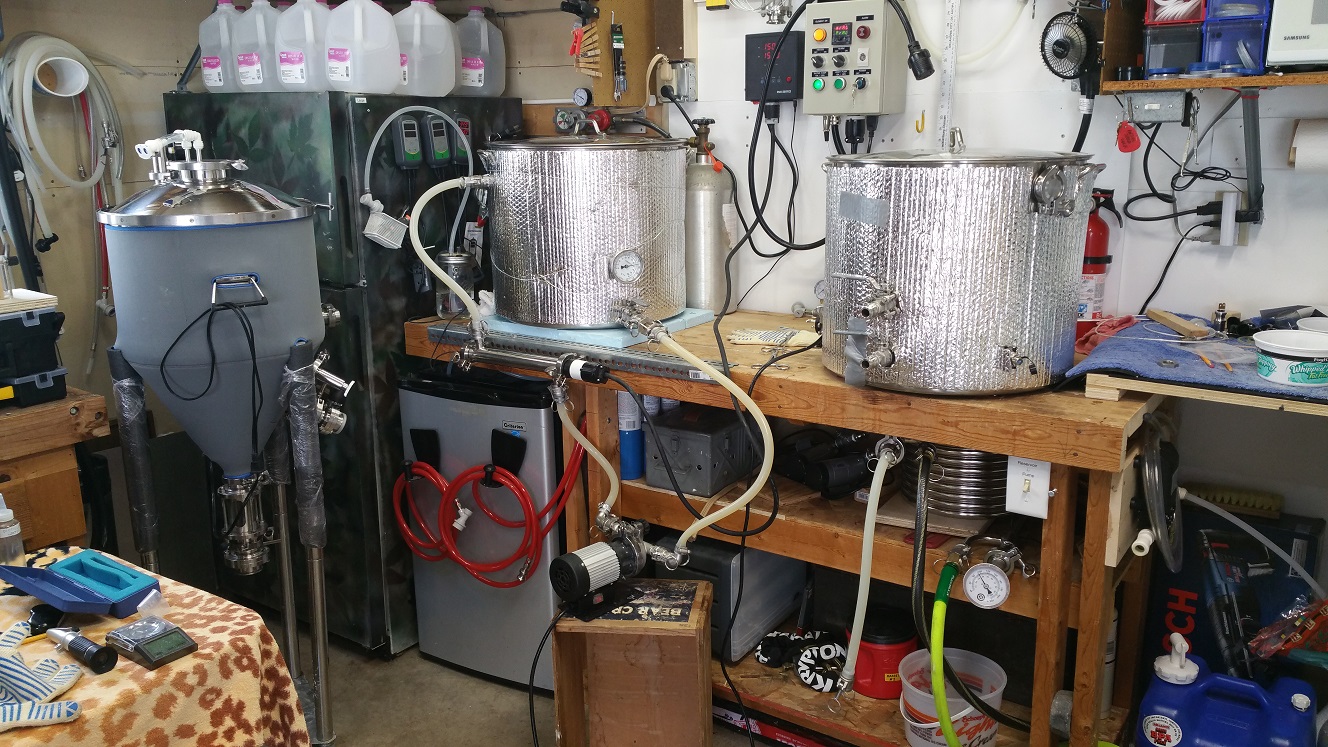vallonswayla
Well-Known Member
- Joined
- Oct 23, 2013
- Messages
- 129
- Reaction score
- 11
Just looking for anybody who has been using a standalone 120 volt outlet to do all grain brewing. I want to do small batches, ideally 3 gallons of bottled beer. I assume that's gonna require a 5 gallon boil. Would a 20 amp/2200 watt element handle that?



